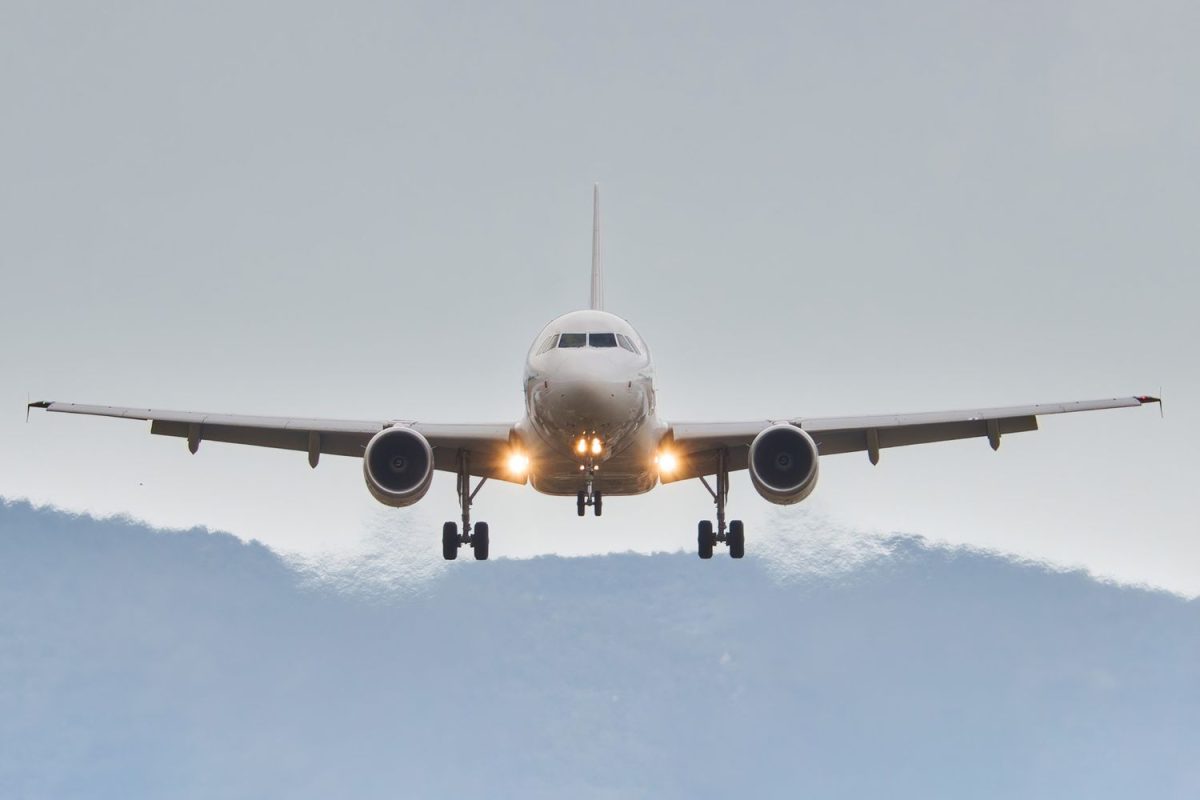The new year of 2025 is one that many look forward to filling with new adventures and experiences. Vision boards have been made, grapes have been eaten under tables and resolutions will hopefully be kept. Traveling is a big part of these resolutions. With more exposure to other cultures and unknown locations, there is a grand desire to organize a vacation outside of the United States.
However, plans such as these may be ruined by how airport operations have drastically changed. Traveling overseas post-COVID-19 has proven to be time-consuming and incredibly unreliable regardless of the airline used. Rates of flight cancellations, aviation jobs and overall ability to travel have suffered greatly from the pandemic, and the impacts are still being felt five years later.
Research done by students of the CNS/ATM, School of Electronic and Information Engineering and the University of British Columbia studied precisely the effects that the COVID-19 pandemic caused on aviation overall.
“Direct aviation jobs (at airlines, airports, manufacturers, and air traffic management) decreased by approximately 43%, and aviation-supported jobs are estimated to have reduced by 52%,” authors Xiaoquian Sun, Sebastian Wandelt and Anmig Zhang said.
This decrease in the industry’s personnel has a cascading effect on the traveling business that hinders workers and clients alike. Understaffed airports are among the most evident symptoms of this heavy blow to the aviation field.
“The FAA is so short-staffed, air traffic controllers are working mandatory overtime,” CBS News said in an article detailing the crisis at New York’s airports. “Air travel demand has been breaking records ever since the end of the pandemic.”
Though the number of passengers has increased, CNN author, Julia Buckley, explained how the world has lost nearly 65 airlines since the pandemic. Smaller airlines such as Jet Time, NokScoot or Fly My Sky are no longer in business, and larger ones such as Alitalia (ITA), Air Namibia, Nantucket Express (USA), Flybe (UK), Trans States Airlines (USA) and Germanwings (GER) were also lost post-covid.
In many aspects, airlines were able to slowly heal from the injuries COVID-19 left behind, like their travel demand, an increase or recuperation of flight paths, and rates of cancellations after 2023 mitigated. However, the overall flying experience has become daunting due to the number of unknowns that haven’t been addressed by airlines yet.
U.S. PIRG released an article in July of 2024, “The Plane Truth 2024,” providing more research regarding this issue. “Complaints against U.S. airlines increased by nearly 29% in 2023, even though the number of passengers increased by only 11%. Complaints hit a new record, estimated at 61,233; the previous record was 47,591 in 2022,” author Teresa Murray said.
Traveling just isn’t what it used to be before 2020, and many passengers, routine flyers or not, have begun to notice the difference. Voyages that once led to new locations of entertainment and relaxation now leave travelers fatigued and overwhelmed.
“Add in the high-level anxiety that seems to be baked into every holiday season, and it’s clear that travelers could use some help calming frazzled nerves,” NBC writer, Katherine Roth, said. “Travel pros say there is plenty you can do ahead of time to make for a happier and less stressful holiday journey.”
Roth advises to make a checklist of things you are packing, and things you need to do before departure. Downloading the airline’s app is also a good way to familiarize yourself with and speed up the boarding process.
Roth suggests that all those traveling in 2025 prepare for gate changes, flight delays, cancellations and possible alternative flight connections.






